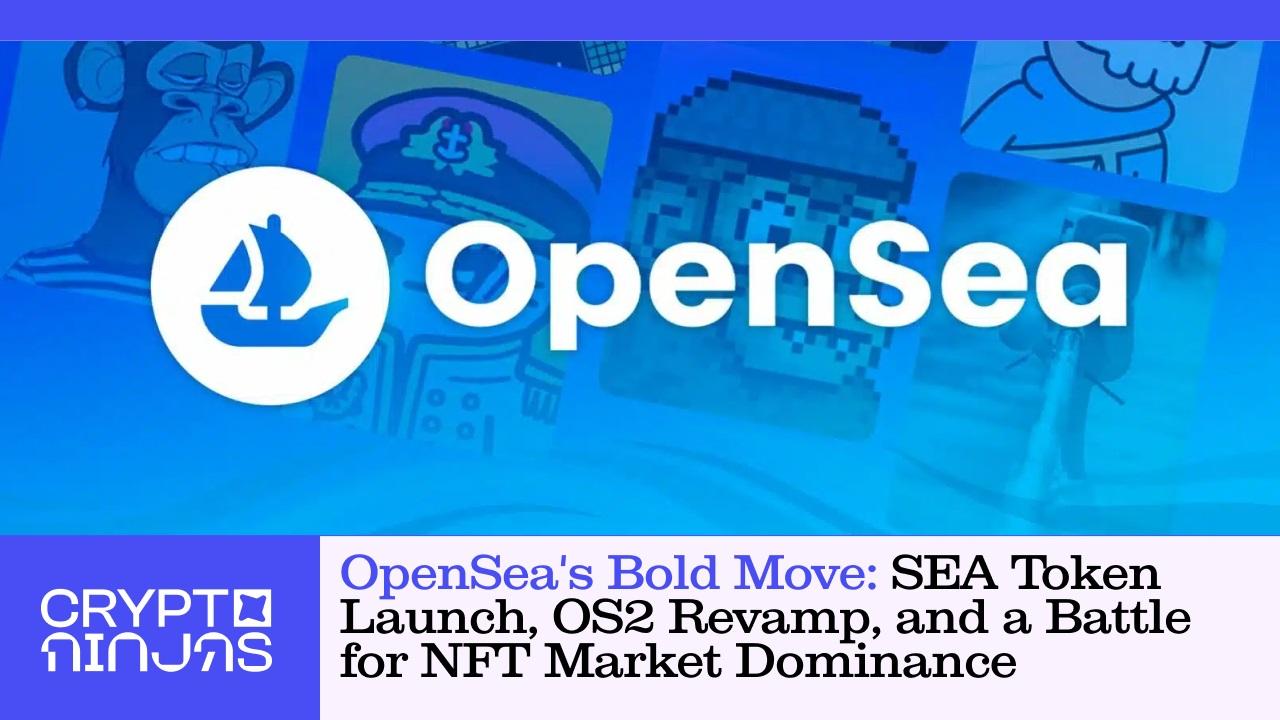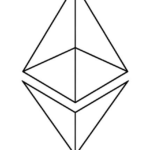OpenSea Seeks SEC Clarification on NFT Marketplaces
OpenSea has urged the U.S. Securities and Exchange Commission (SEC) to confirm that NFT marketplaces aren’t considered exchanges or brokers under federal securities laws.
In a letter to SEC Commissioner Hester Peirce, OpenSea stated, “We propose that the SEC clearly state that NFT marketplaces like OpenSea do not qualify as exchanges under federal securities laws.”
OpenSea argues that NFT platforms don’t fit the legal definition of an exchange or broker. They don’t handle transactions, act as intermediaries, or bring together multiple sellers of the same asset. Most NFTs are unique digital assets, meaning there is typically only one seller for each token.
Transactions involving NFTs occur directly on the blockchain via smart contracts, independent of the OpenSea platform. Users maintain custody of their own assets and initiate transactions through their personal wallets. OpenSea merely allows people to discover NFTs and connect wiht buyers and sellers, functioning more as an interface than a financial intermediary.
OpenSea also maintains that it should not be classified as a broker under the Exchange Act. It does not provide investment advice, negotiate or execute transactions, custody user assets, or facilitate financing or documentation typically associated with broker activities.
To remove ongoing uncertainty, OpenSea urged the SEC to issue informal guidance, making it clear that NFT marketplaces are not subject to exchange or broker regulations. It recommended an interpretive release or a staff bulletin to clarify how Rule 3b-16, which outlines the criteria for what constitutes a securities exchange under federal law, applies to NFT marketplaces.
This clarification would offer immediate benefits to NFT collectors, buyers, and sellers, as well as the broader NFT ecosystem, by removing regulatory uncertainty.








